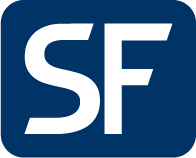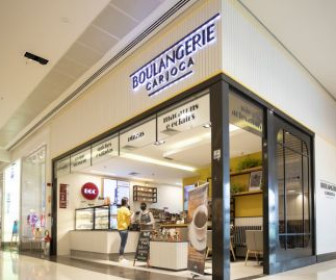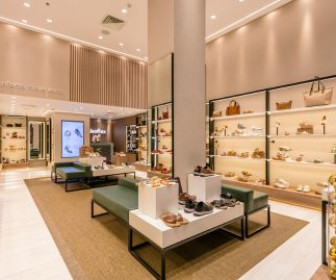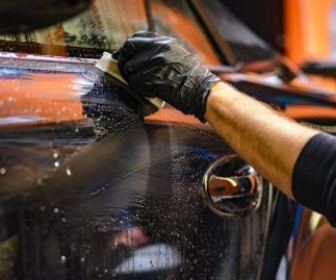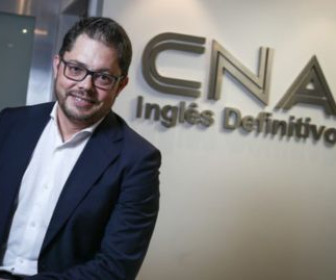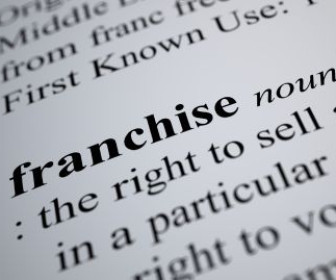The first Fatburger restaurant in Iraq may be attached to a war zone, Fatburger CEO Andy Wiederhorn concedes, but the daily routine is not that different for staff there than at the chain’s other international locations, such as Indonesia.
“People still need to eat,” he said. And “burgers, shakes and fries travel well around the world, as does chicken.” And people everywhere, apparently, need to be amused, which is why a second location of Fatburger is in the pipeline to open in an Iraqi amusement park.
Its 700-square-foot mall location has been open three years and is doing well, he said, adding, average unit volume is less than Dubai—the hot Middle Eastern market—but similar to the U.S. Fatburger is the only U.S. brand in the food court and the only hamburger chain.
And although it may be business as usual, even in Iraq, Wiederhorn does not take safety lightly. “We have security consultants we regularly talk to,” he said. And before we start casting stones, he pointed out that large U.S. cities, such as New York City, have areas that are dangerous at certain times of the day and night, as well.
One of the challenges of going internationally is always the supply chain, which is why U.S. franchisors must partner with experienced local companies that already have a handle on sourcing and infrastructure in place, he said. Fatburger's partner in Iraq is a franchisee of Coffee Bean & Tea Leaf, plus holdings in clothing companies and car dealerships. Fatburger in Iraq uses European French fries, not American, and beef from the U.S. or Australia.
Unlike India, where they had to remove the beef, add a potato burger and use Indian spices, there are “no local flavors in Iraq” that needed to be added to the menu, Wiederhorn said.

